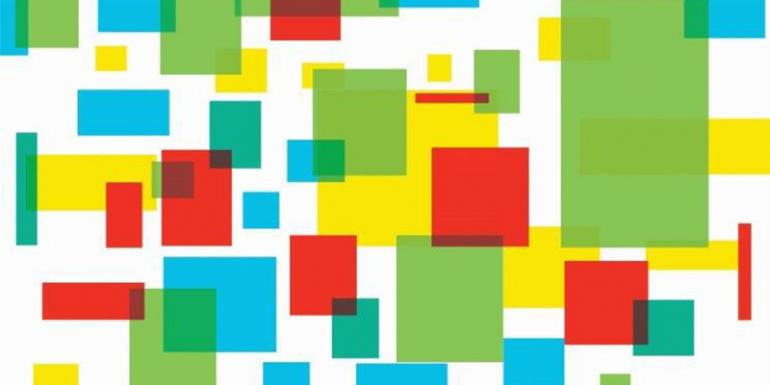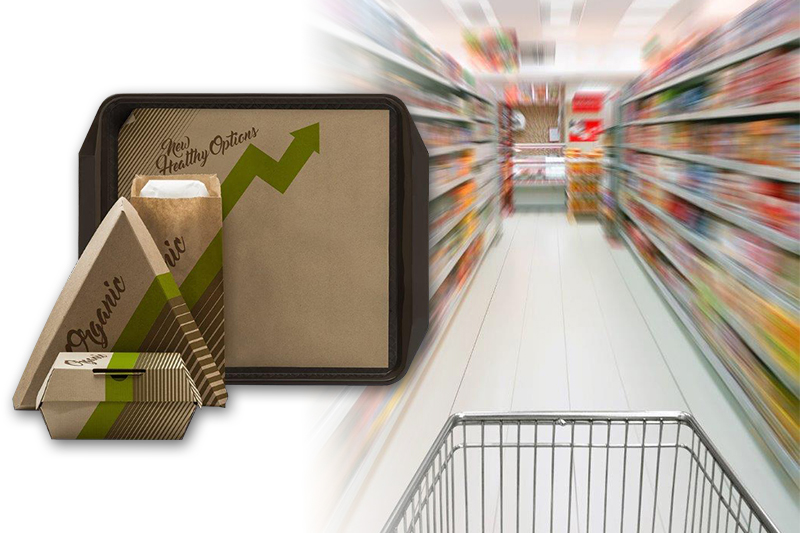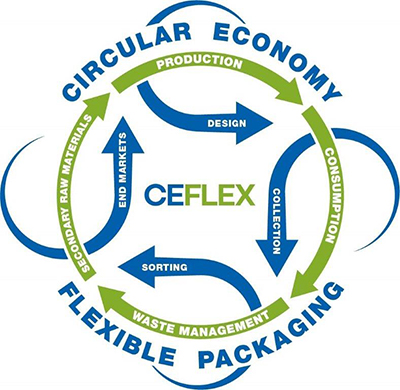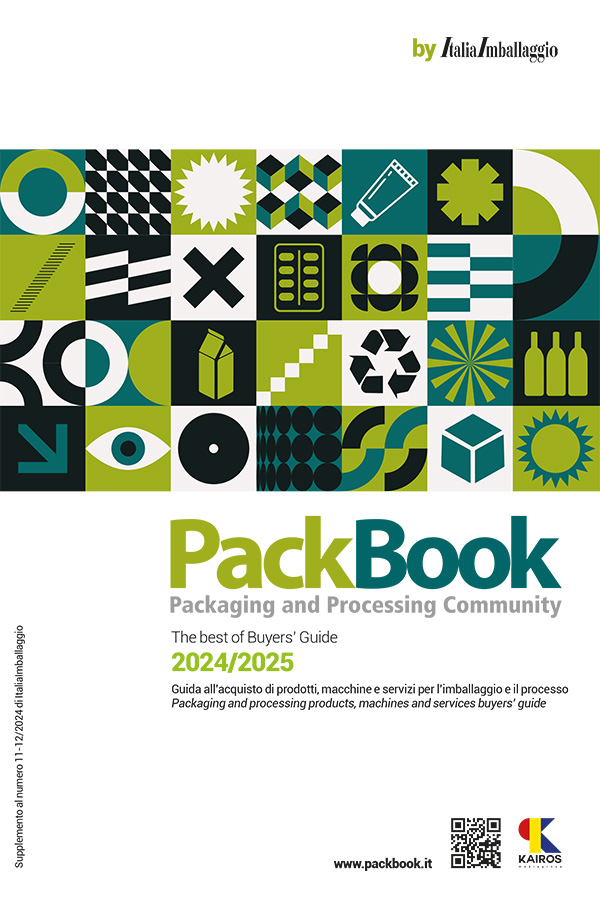Printing inks and compostable packaging

Recently published, Sun Chemical's "Guide to compostability" presents itself as a simple and comprehensive working tool for packaging converters, useful to clarify the meaning of a term often misrepresented or misused.
Starting from the scientific concept of compostability, in fact, it goes deeper into the American and European standards and regulatory frameworks that regulate this aspect, which is fundamental for the circular economy. In particular, the certification process for inks for printing compostable packaging is tackled.
In this regard, a reminder that Sun Chemical has already had most of its inks and coatings "OK compost HOME" and "OK compost INDUSTRIAL TUV Austria" certified (and plans to further expand its range).
This is also explained in its Q/A section in the last pages of the Guide, with the aim of preventing and solving technical perplexities or doubts that might arise in this regard.
Let's start from the facts
HOME and INDUSTRIAL compostability of inks and coatings
- As far as compostability standards are concerned, most of the certified compostable Sun Chemical ink products (with the exception of some coatings and lamination adhesives) would fall below the critical percentage level requiring extra tests .
- Package components present at additive levels are not required to play an active part in the composting process, but still undergo strict eco-toxicity and chemical analysis tests carried out by independent accredited laboratories to make sure that they don’t negatively affect the process by introducing contaminants which would deter plant growth.

- Compostable inks offer the additional advantage of being suitable for producing certified compostable packaging, allowing customers to invest in a growing, increasingly popular and sustainable segment.
- Chemical Sun Chemical has chosen the independent TUV Austria certification body, expert and recognized all over the world, for a wide portfolio of OK compost HOME and OK compost INDUSTRIAL certified inks and related products.
TUV Austria certificates authorize customers to print the relative TUV Austria logos on packaging products, provided that the substrate and all packaging components are also TUV Austria certified and provided that each ink component remains within the maximum application limit indicated on the relative certificate.
The TUV Austria logo offers visibility into packaging compliance, through an effective and widely recognized independent certification.
- The comprehensive and growing range of TUV Austria certified compostable solutions can be used on a wide range of substrates.
- For a final packaging to be home and/or industrially compostable, the substrate and all applied components must also be home and/or industrially compostable, without exception.
- It is the case that most compostable Sun Chemical inks and coatings already hold the OK compost HOME and OK compost INDUSTRIAL TUV Austria certificates.
 Ink technology at the service of environmental sustainability
Ink technology at the service of environmental sustainability
As mentioned above, Sun Chemical’s Guide to Compostability proposes some final reflections on the value and importance of compostability (of which we report here only a brief summary, Ed.), examining its advantages and disadvantages compared to other sustainable solutions.
However, the answer is clear: compostability can reduce the environmental impact of packaging waste only if certain conditions are met. For example, industrially compostable packaging should be collected and sent separately to suitable composting facilities, and this is not always easy to implement in all countries (in which case compostability in the home garden may be a better solution). Compostability could be a viable alternative in all cases where recycling would be too expensive or complicated. A particularly good example is food packaging material mixed with food waste, for which compostability could offer a better solution than a difficult recycling process.
Realistically, compostability will not solve all environmental problems on its own, but it can work in parallel with other solutions, helping to plan a strategy to make our future more sustainable.
Sun Chemical is however an active part in this process, and the range of compostable inks is only one of the sustainable solutions put in place by the multinational.
Compliance with standards for certification purposes
Sun OK compost certified HOME and INDUSTRIAL inks are formulated without any ingredient that could potentially damage the compostability process of the finished packaging products, and without any contaminant with negative effect on growing plants. In some case this may introduce some restrictions in terms of raw materials which can be used, compared to standard inks. However, certified inks are compostable only as part of the finished packaging product, and only if all the required conditions are met, including the relevant maximum application limits. They cannot be assumed compostable if released in the environment separately or applied at higher percentages. Therefore, the same precautions and handling guidelines apply to standard inks and to compostable inks, as detailed in the relevant products’ technical data sheets. Compostable inks and press returns should be handled correctly and must not be dispersed into the environment.
Just as - Sun Chemical warns - it is not possible to use any uncertified ink product together with certified ink products for the production of a certified packaging, since the application of a single ink or uncertified component would invalidate the certification of the finished packaging.
Compostable supports and products
In addition to highlighting the necessary differences between the OK compost INDUSTRIAL and OK compost HOME logos, Sun Chemical also cites which compostable substrates are available on the market and which inks are suitable for their printing.
In addition to naturally compostable kraft paper and board substrates, the market offers many types of certified compostable plastic films. These are based on various bio-derived polymers, such as starch, polylactic acid (PLA), or regenerated cellulose film.
Once again, certified compostable films should not be confused with “biodegradable” or “degradable” films based on standard polymers, such as polyethylene, that contain additives (normally enzymes) which enable the plastic to break into smaller pieces. The former substrate type, in addition to a disintegration process also undergoes a chemical reaction ultimately leading to water, CO2, and biomass as main degradation products. The latter simply degrades more rapidly compared to standard films, but through a process which is uncontrolled and uncertified by an independent body, and leading to micro-plastic particles, which currently are the object of various concerns.
Besides well-established compostable film grades from market leading brands, a growing number of new products are released every year. These may require lab testing in order to finalize a safe ink specification. In all cases, please, refer to your Sun Chemical representative for a tailor- made ink specification.
Finally, a reminder that Sun Chemical’s certified range includes water-based and solvent-based ink products for surface printing and lamination on a wide range of substrates and various coatings. The current portfolio is likely to grow soon with new compostable adhesives, several new ink series, coatings, primers, and components, alternative ink chemistries, aluminium-based metallic inks, etc., which will greatly expand our capacity to cover most of the market needs in this growing area.
Note: The booklet is available upon request at [email protected]
The meaning of compostability
Compostability refers to the ability of some materials (often bio-based or partly bio- based, but not necessarily) to biodegrade naturally within a specified timeframe under controlled conditions.
The associated biological process leads mainly to CO2 and also to water and biomass, which will form part of the compost. This process enriches the soil with nutrients and must strictly limit the introduction of potentially toxic substances and contaminants so that the soil can remain of good quality and perfectly suitable for growing new plants.
All compostable material is biodegradable in the right environment and under the correct conditions, but not all the biodegradable material is compostable because the term “biodegradable” is generic and does not set a timeframe for the completion of the compostability process under specific conditions, and does not add any information on how and where this process would take place.


















